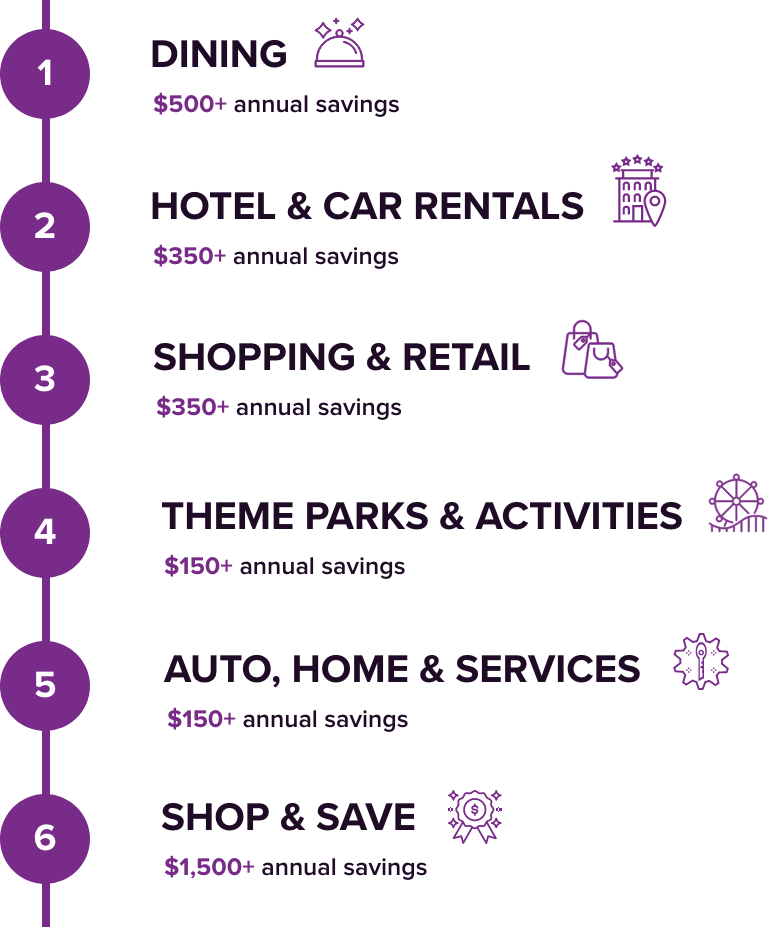Here at Faith Driven Consumer™ (FDC), we don’t hide the fact that we’re really excited about all of the content and resources we have the privilege to offer our members. From podcasts and blogs such as this one, to our Faith Equality Index (FEI) where you can find out about the faith compatibility of almost one-thousand individual brands and businesses, we’re doing our best to offer resources and content that will make you a more informed, empowered and impactful Faith Driven Consumer. But one resource that you may not be as familiar with – if you are new here or if you are an FDC Community Member only – is what we call the FDC Marketplace.
The FDC Marketplace is a valuable and vital resource, both for FDC as an organization, but also, for our members who have the opportunity to take advantage of the savings it offers. In case you aren’t very familiar with the FDC Marketplace, the short version is, it’s FDC’s savings platform for our Marketplace members where they can find countless (no, seriously, there are too many to count) deals in-store and online at thousands of stores and locations. If you’re planning a trip to Disney, need to get your oil changed, or heading to Subway on your lunch-break, you can save real money through the FDC Marketplace.
How does it work? Head on over to the Faith Driven Consumer Marketplace here, enter your FDC information and sign in. (Learn more about membership here). Then, you’ll have access to all kinds of dining, shopping and travel deals. There are many offers on the home page, but you can also search specifically for brands and businesses, or even by category. Once you find a deal or coupon you like, just click on the deal. From there, click Use this Coupon and print or download the coupon for in-store use. If it’s an online purchase, you will be directed to another webpage to purchase the discounted goods. If you’re planning to travel, go to the travel page and book online to see how well the rate compares to other travel sites and see your cash back opportunities. It’s really that simple!
That’s how FDC Marketplace is a beneficial and important resource for you the Faith Driven Consumer. But we also mentioned earlier that it is vital to what we do at FDC. How so? Well, one of the biggest hurdles we as Christians face in the marketplace is that we are an invisible demographic. This means that unlike many other identity groups, Christians are not usually recognizable just by appearance. So, businesses and brands don’t know just by observation whether or not Christians (or FDCs, specifically) are patronizing their stores. It is very important that we find a way to quantify the data on where Christians are and aren’t shopping. Just as importantly, we need to have a unified voice that can leverage this data and the financial impact it brings with it.
Now maybe we’re getting lost in the weeds, so let’s bring it back: this means that the FDC Marketplace is one of the most powerful ways we can change the overall marketplace and culture. It allows us, as FDCs, to take control of our own data and use it for OUR causes, instead of the other way around. When FDCs use the FDC Marketplace (and save a ton of money while doing so) the impact is much greater than just saving money. It also mobilizes and leverages your spending in the marketplace so that we can make sure your purchases are making a real difference. You see, we are able to present these corporations and businesses with real, objective data about where we are shopping. Then, we can use this leverage and create incentives that will encourage these brands to represent our values, or at the very least acknowledge us and welcome us into the marketplace and workplace. So, as we said above, we get to use OUR data for OUR purposes, instead of having our data used solely for THEIR agendas.
The final aspect of the FDC Marketplace, making it such an important part of what we do, is that, plain and simple, it helps us keep the lights on, so to speak. The FDC Marketplace is the only current resource we offer that is not 100% free. We pride ourselves in making our content and resources accessible, and that’s why we’ve made the FDC Marketplace a ridiculously good deal. Whether you sign up for the monthly subscription of $5 per month, or take the steep discount at $25 per year, you’ll find that you can save what you spent on a subscription in no time. Either way, we hope you will find this resource helpful and save tons of money while using it. We also hope that you will see it as the powerful resource for change and be willing to partner with us in our goal to make a difference. Whether or not you sign up to become a Marketplace member, we here at FDC are thrilled to be able to offer these exciting resources and share with you what they are all about. Together, we have a real shot at making a difference through various ways that ultimately will make your life better, your community healthier and the marketplace more faith compatible.
If you want to know more about our goals and strategy for using FDC Marketplace user data to leverage businesses toward faith compatible corporate actions, make sure to check out Christians You Should Know Podcast, Episode 8 with our Founder and CEO Chris Stone.
If you have questions about why we have specific brands on the FDC Marketplace, make sure to check out our blog post entitled Engaging Brands Who Aren’t Faith Compatible where we answer this question and many others.

